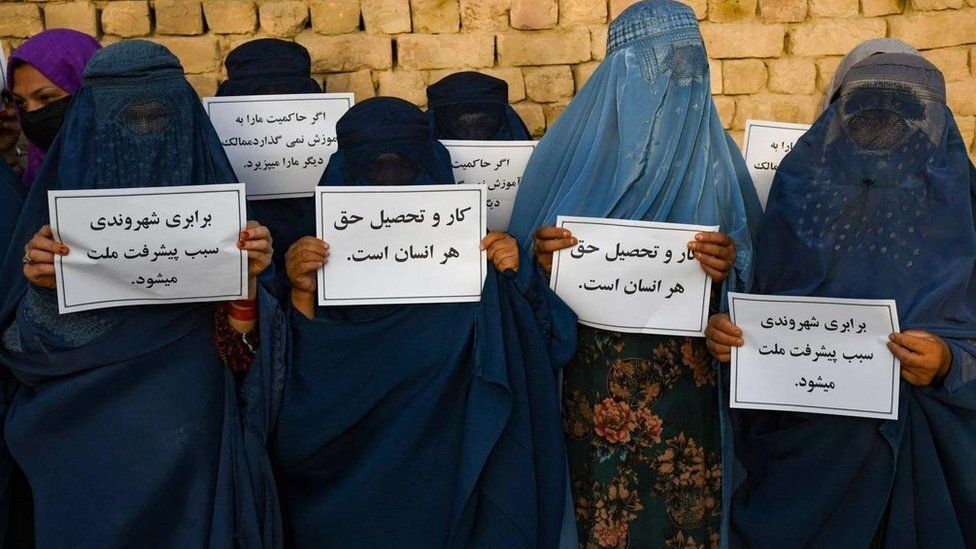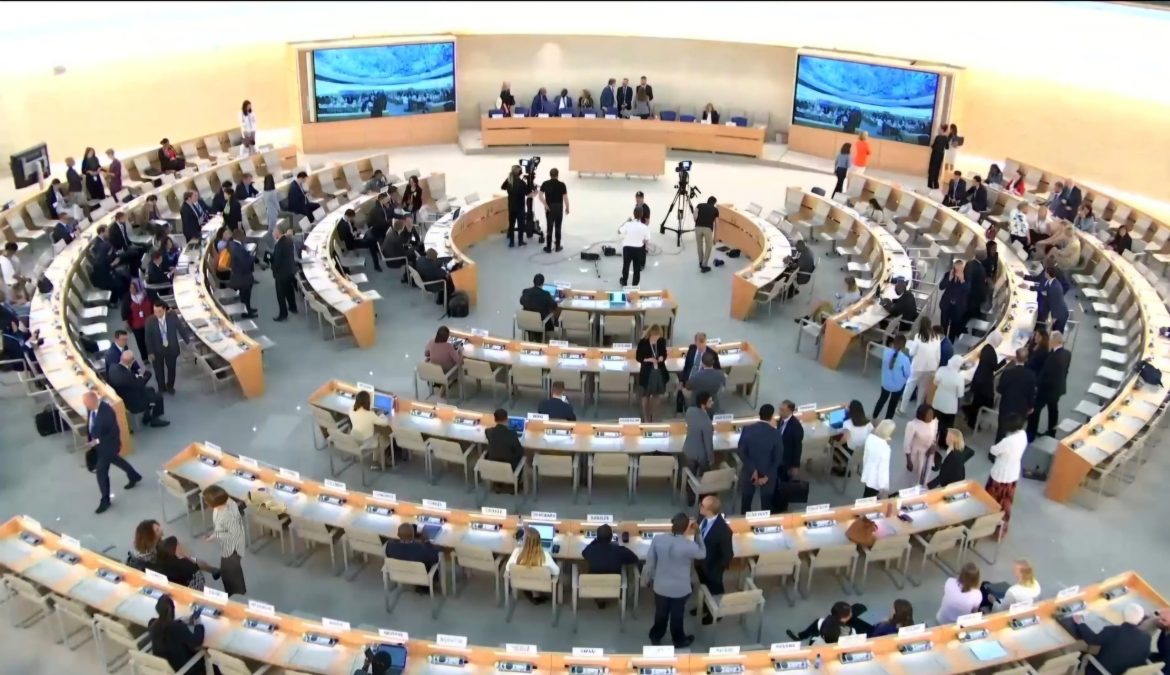Shia scholars in Afghanistan assert that Islam does not forbid women from working, provided that religious guidelines are observed. They argue that women’s labor can significantly contribute to household economies—especially in times of widespread unemployment—and urge the Taliban government to lift the bans imposed on female employment.
Historical Precedent in Early Islam
Hojjat al-Islam Ebrahim Mohagheq, a Shia scholar from Bamyan Province, states in a recent interview that there is nothing in Islam that prevents women from working so long as religious norms are maintained. He recalls that in the early days of Islam, women actively worked alongside men—for instance, Khadija bint Khuwaylid, a successful businesswoman, invested her wealth in advancing the cause of Islam.
Current Economic Strain and Female-Headed Households
Mohagheq emphasizes the current dire economic situation in Afghanistan. Many Shia families are without income, and international humanitarian aid has dropped sharply. The prohibition of women’s work, he warns, risks deepening hardship. He further notes that many families are led by women and that enabling women to work could be essential for survival.
Shia Views on Equality and Legal Roles
Another Shia scholar from Badakhshan, Hojjat al-Islam Shakeri, points out that Islam does not differentiate between men and women in matters such as judgment (qaza) where a woman can serve as a judge, though he acknowledges that jurists differ in opinion. He asserts that women’s participation in work is directly related to the economic health of society and can help sustain economic activity.
Collision with Decrees by the Taliban
Since the Taliban returned to power, they have imposed strict limits on the employment and education of women. Among recent restrictions is the barring of women from working in governmental institutions or international organizations. These moves have drawn criticism from UN representatives and Shia religious leaders alike.
Scholars’ Recommendations for the Government
Shia leaders propose that relevant authorities should focus on creating job opportunities and allowing women to work under conditions that respect Islam. They believe lifting the ban on female employment could alleviate poverty, support families, and prevent humanitarian catastrophe.
From: Ahlul Bayt News Agency (ABNA)



